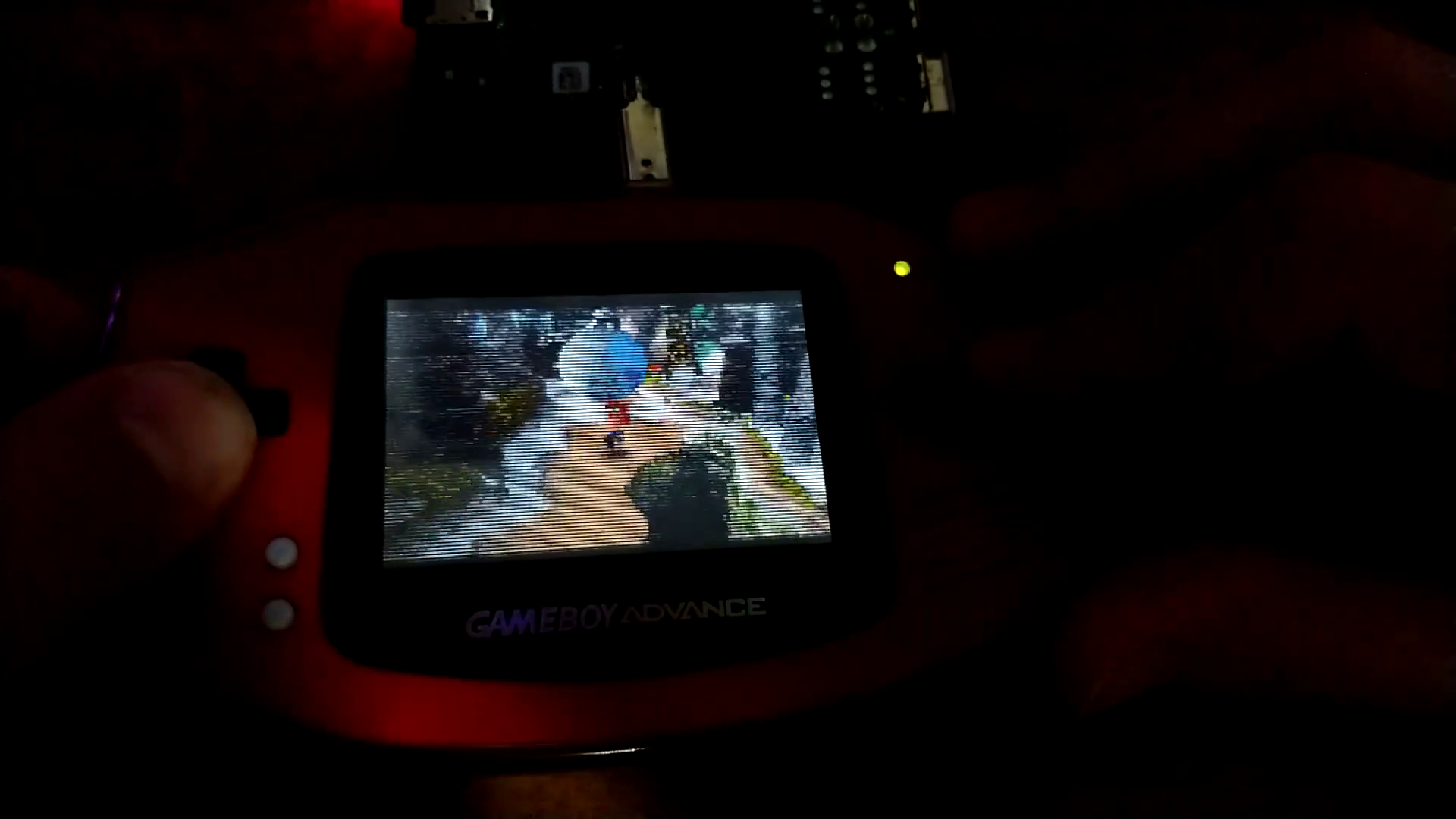Raspberry Pi Makes Game Boy More Advanced With Game Streaming
A "link" to the past
For many years, gamers have lamented the inability to use the Game Boy Advance link cable to do anything but join together Game Boy Advance and GameCube consoles for games of Final Fantasy Crystal Chronicles, Four Swords Adventures, and the like. But now many prayers have been answered, as GitHub user Rodrigo Alfonso has revealed a way to stream games from your Raspberry Pi running RetroPie to a Game Boy Advance.
The software runs on both systems - a ROM for the GBA that needs to be flashed to a compatible cartridge, and a Linux app for the Raspberry Pi. The GBA Link Cable is soldered to the Pi’s GPIO pins, where it takes advantage of the fact Nintendo’s 2001 handheld supports a variety of serial communication modes, including a 2Mbps ‘normal’ mode with bidirectional 32-bit transfers. This allows the GBA to be slaved to the Pi, mirroring its video output (in 120 x 80 px, half the screen's native resolution) and returning its control inputs down the same cable.
The inevitable end result of this is that if you fire up retro emulation OS RetroPie on the Pi, install the apps and wire up the cable, you can play any retro game you can think of. Audio support is currently described as ‘experimental’.
The project came out of 2021’s GBA Jam, a homebrew competition celebrating 20 years of the GBA by asking developers to make something that runs on the 16.8 MHz 32bit ARM-powered handheld in three months. The prize pool is $1000, which will be shared among the top five entries when voting ends on July 26th.
To download the software, and absorb all the detail about how it works you could ever need - including his other project that links two GBAs in the same way - check out Alfonso’s GitHub page.
Get Tom's Hardware's best news and in-depth reviews, straight to your inbox.

Ian Evenden is a UK-based news writer for Tom’s Hardware US. He’ll write about anything, but stories about Raspberry Pi and DIY robots seem to find their way to him.
